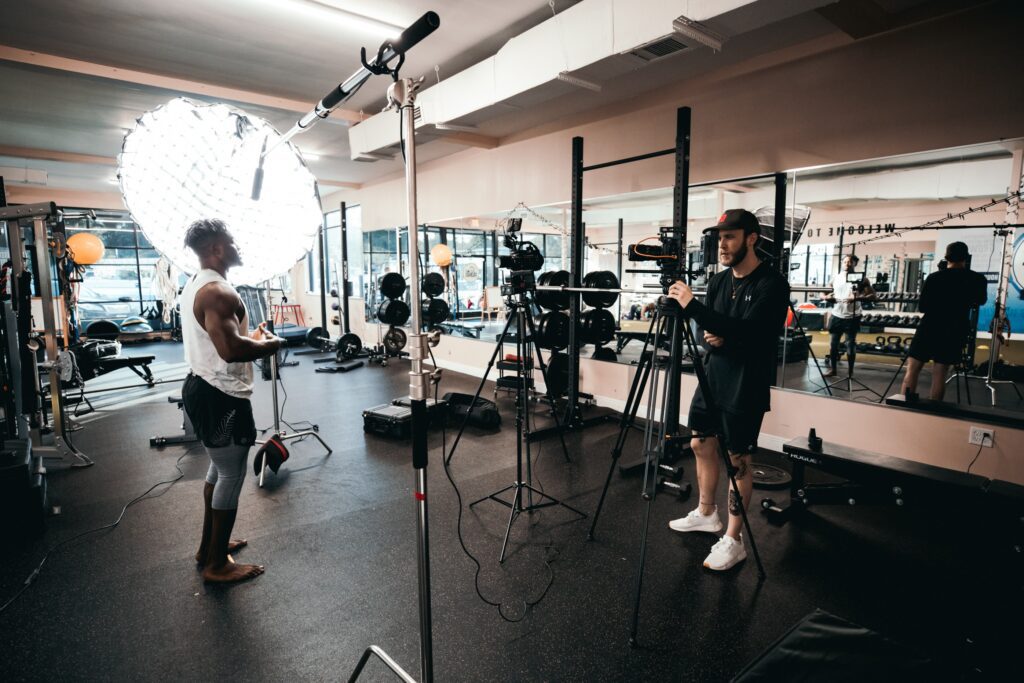4 Things Everyone Gets Wrong About Collaboration Disclosures

If you’re a creator interested in collaborating with brands or other creators, here are a few common disclosure mistakes to avoid.
#1 – Thinking you only need to disclose the collaboration if you’re receiving cash.
Let’s do a little thought experiment to demonstrate why disclosing every collaboration is essential, even if you’re not getting a check for it.
Picture this- someone gifts you a cookie. You didn’t have to pay for it. The cookie is good, but nothing exceptional.
Now imagine someone asks you to give an honest review about the cookie.
But what if you’d had to pay for that cookie? Would your review be different?
It makes sense that when you get something for free, you will have a different opinion than if you had to pay for it yourself.
The promise, or delivery, of money or free goods will sway your opinion about a brand. That’s part of the reason that the FTC requires you to disclose material connections.
The FTC requires influencers to disclose every time there is a material connection involved.
Material connections can be:
- Money/cash
- Free or discounted products or services
- Entry or eligibility for a prize
- Offering employment
- Giving money or services to another person (or charity!) on your behalf
Another less obvious material connection is when you, or your brand, are promoted in exchange for your endorsement. For example, if you collaborate with another creator to create content under the condition that you will both speak positively about each other, you should disclose that.
#2 – Using ambiguous disclosures
Here are some quick tips on clear, unambiguous disclosures-
It’s always best to include disclosures at the beginning of an endorsement
Never hide disclosures in a block of other hashtags
Never hide disclosures under a “more” button
It’s ok to keep disclosures short as long as they are clear.
Here are a few examples of clear disclosures:
#ad
#sponsored
#[brand]partner
#affiliate
Examples of unclear disclosures:
#gift
#spon
#af
#3 Disclosing in the wrong way for the medium
Here is a simple explanation for this- however you endorse or share your link should also be how you disclose it.
Endorsement is the image – disclosure is on the image
Endorsement is in the description – disclosure is in the description
Endorsement is in a live stream – disclose throughout the stream, and every time the brand is mentioned
Endorsements in videos – disclosure on screen, in the description, in the video itself, and throughout the video if it is a longer video
#4 Not disclosing for the correct market/country
If you are promoting a brand outside the US or an influencer living outside the US, there may be different regulations you need to follow.
Canada: Competition Act
United Kingdom : Advertising Standards Authority and the Competition and Markets Authority
Australia: Australian Competition and Consumer Commission
Remember, as a creator there are many regulations that you must follow to remain FTC compliant. At InfluenceLogic, we have an entire team dedicated to assisting you with implementing these strategies. Want more information? Reach out to us at compliance@influencelogic.com to learn more!





